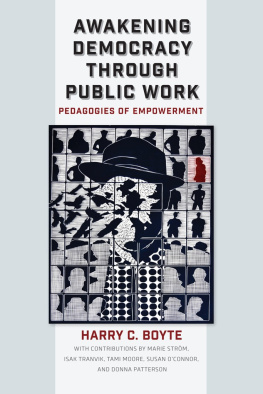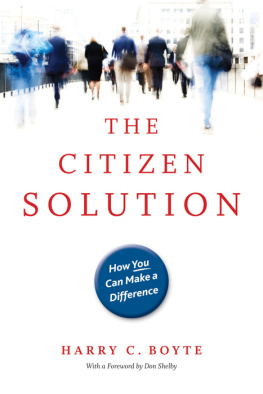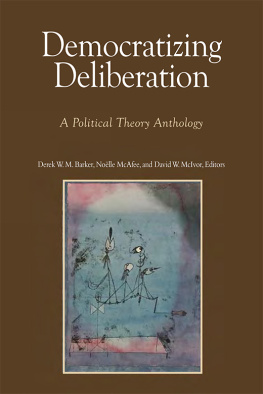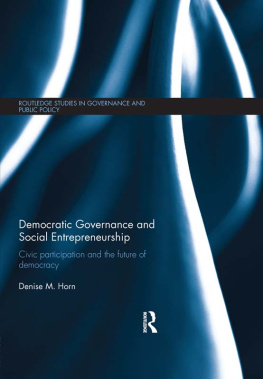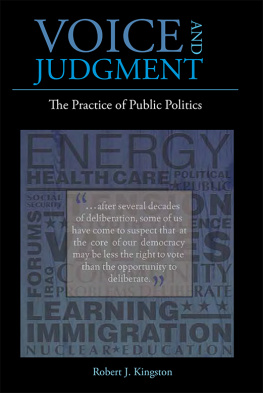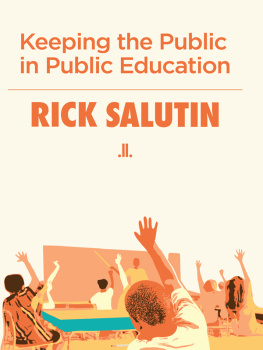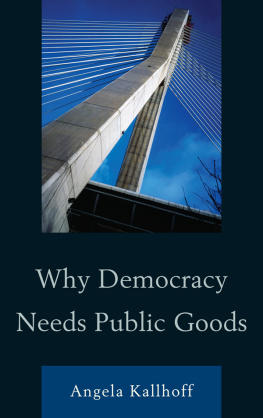2018 by Vanderbilt University Press
Nashville, Tennessee 37235
All rights reserved
First printing 2018
This book is printed on acid-free paper.
Manufactured in the United States of America
Cover art: Dreams Escape My Lips, linocut, 2012, Phillip Mabote
Library of Congress Cataloging-in-Publication Data on file
LC control number 2018006255
LC classification number LC220.5.B69 2018
Dewey classification number 361.3/7dc23
LC record available at lccn.loc.gov/2018006255
ISBN 978-0-8265-2217-7 (hardcover)
ISBN 978-0-8265-2218-4 (paperback)
ISBN 978-0-8265-2219-1 (ebook)
ACKNOWLEDGMENTS
Awakening Democracy through Public Work is a venture in public work. It draws from a remarkable network of co-creators.
The book project began with the suggestion of David Mathews, president of the Kettering Foundation, that I do a book on Public Achievement (PA). It evolved into the larger story of public work, including many examples in other settings, from colleges to African villages to American communities. Our network of public work practitioners, organizers, and scholars has long worked with David, John Dedrick, Derek Barker, Melinda Gilmore, and other colleagues at the Kettering Foundation on themes of public work. I greatly appreciate the learning partnerships we have created with them. And I appreciate the way the Kettering Foundation has been at the center of a learning community of great diversity, exploring themes such as the role of technocratic power almost invisible in conventional scholarly treatments of democracy.
The networks, participants, coaches, teachers, organizers, and leaders in Public Achievement are central voices and co-creators of this book project. There are many to thank, including Jim Scheibel, Nan Skelton, and our working group in the earliest days. In the fall of 2016 PA leaders and organizers came together at Kettering to review the history of a quarter century, as well as to brainstorm and develop a list of people to interview. The group included Dennis Donovan, Elaine Eschenbacher, Nan Skelton, James Farr, Melissa Bass, Roudy Hildreth, John (J.) Theis, Shelley Robertson, Juan Jackson, Jamie Minor, DAnn Urbaniak Lesch, Jeff Maurer, Susan OConnor, and Isak Tranvik. John Dedrick and Derek Barker from Kettering participated. Isak had discovered public work and Public Achievement as a graduate student in political science at Duke. He spent the summer of 2016 doing detailed archival , Education as a Civic Question, drawing on his own experience in Teach for America.
Public Achievement incubated at the Humphrey Institute (now Humphrey School), and there are many colleagues there to whom I owe debts of appreciation. Let me thank especially several deans including the late Harlan Cleveland, the late Ed Schuh, and the late John Brandl, as well as John Adams and Brian Atwood for their strong support. I also want to thank Robert Kudrle, Barbara Crosby, John Bryson, Ken Keller, and Samuel Myers for creating an intellectual community around Public Achievement and public work.
As the book took shape, Scott Peters, Dennis Donovan, Elaine Eschenbacher, and Tami Moore gave ongoing feedback, discussion, and direction setting for the manuscript. Tami coauthored , Tackling the Empowerment Gap. They contributed extensive knowledge of the field of disabilities studies and interviewed young special education teachers who had coached in Public Achievement. Their commitment to developing citizen teachers and their vision of transforming special education from a field of remediation to one where young people are empowered to take leadership in their own education is a model for professional education broadly, at Augsburg and beyond.
Higher education is an upstream culture-shaping force in knowledge societies like the United States. It plays invisible but formative roles in shaping democracys possibilities. Against the grain of an institutional landscape which has become highly meritocratic, colleagues and partners in higher education who seek to revitalize the democratic and public purposes of colleges and universities have formed a key community contributing to our work this work and also preparing large numbers of their graduates to take leadership in turning jobs into public work.. I also thank colleagues in Imagining America, ADP, and ACP, including Julie Ellison, Tim Eatman, Scott Peters, George Mehaffy, Cecilia Orphan, Jen Domagal-Goldman, Jon Carson, Nancy Kantor, and Nancy Cantor.
The citizen professional is a new frontier of democracy, speaking to the aspirations of a young generation. draws on insights and practices of longtime colleagues Bill Doherty, founder of the Citizen Professional Center at the University of Minnesota, Tai Mendenhall, Bobby Milstein of Rethink Health, and Albert Dzur, an outstanding theorist of democratic professionalism. Our colleagues Katie Clark, Cheryl Leuning, Joyce Miller, and Katherine Baumgartner, with other faculty, have developed the concept of citizen nurse as agent of change in health systems. Mike Huggins, the city manager in Eau Claire whom we have worked with for more than twenty yearspioneering citizen profession models in governmenthelped us to craft the case study of Clear Vision Eau Claire. Augsburg University, where we settled in 2009 after many years at the University of Minnesota, has been a fertile environment for concepts and practices of civic agency and citizen professionalism. I thank Paul Pribbenow, Garry Hesser, Michael Lansing, Peg Finders, Joaquin Munoz, Joe Underhill, Mike Grewe, Joe Underhill, Rachel Lloyd, and Jacqui deVries for their welcome.
Several people provided critical feedback and help. Mike Ames, director of Vanderbilt University Press and a partner over years in publishing books about public work, insisted from the beginning for clarity of focus and presentation, and I most certainly owe him a considerable debt of gratitude. Jeremy Rehwaldt, copy editor, did an outstanding job. Two outside reviewers, Peter Levine and Meira Levinson, made wise commentary, and Levinson gave a final, trenchant review of the book draft that was extremely helpful. Two leaders of the Citizen Student Movement, Ali Oosterhuis and Steven Vogel, both independent students of mine through the Humphrey School, gave detailed feedback on several chapters. Isak Tranvik was an insightful and incisive commentator throughout.
Finally, I want to express my deepest appreciation to Marie-Louise Strm, my life partner. Our collaboration was enriched by the fact that most of her work took place in African countries, as described in Oelofsen, as well as other South African colleagues, especially Kim Berman, Xolela Mangcu, and Peter Vale.
Marie is also my important collaborator in developing the concept, pedagogies, and practices of public work. We are building a new educational initiative, the Public Work Academy, to consolidate and advance the lessons of Awakening Democracy through Public Work.

